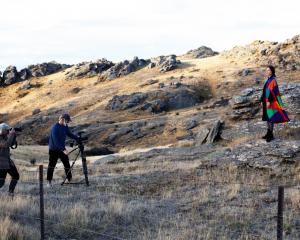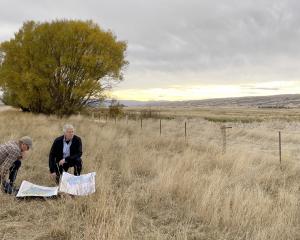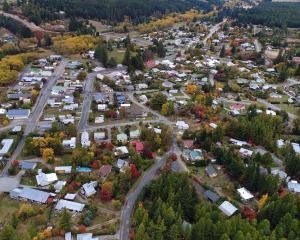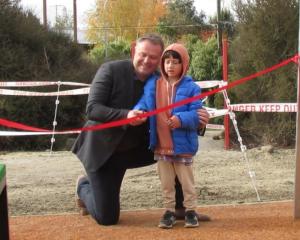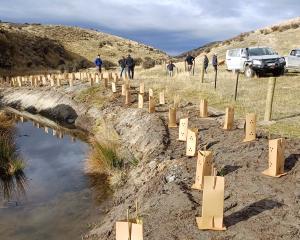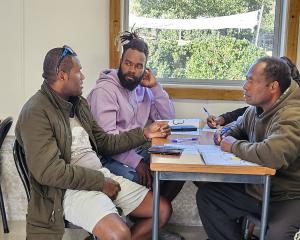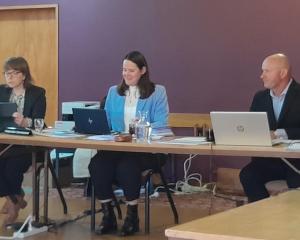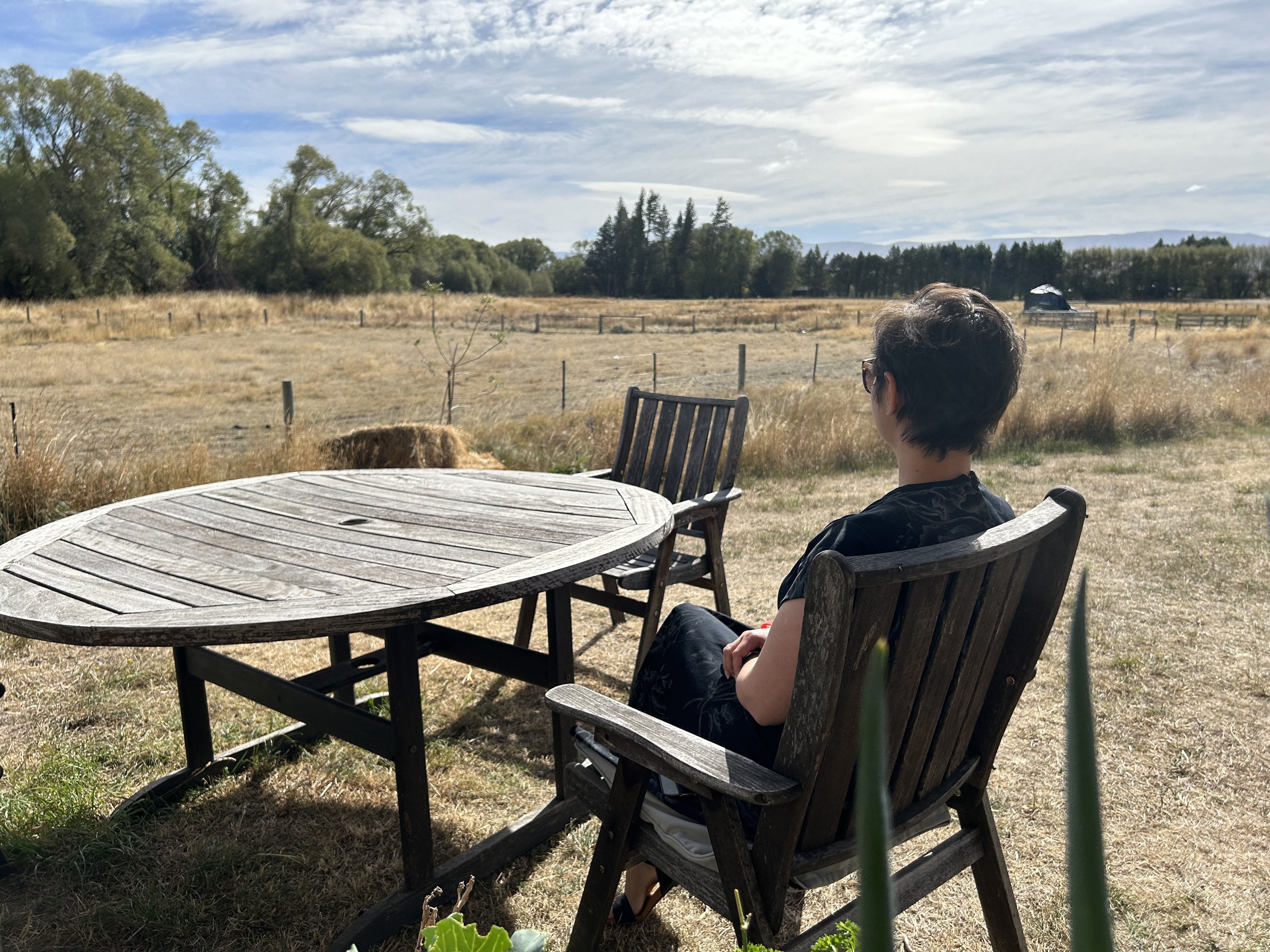
Visiting extended family in Central Otago, Iranian-born Aida Tavassoli told the story of growing up in Iran and the changes that began during her childhood.
Women were most affected by changes brought about by the current regime and the erosion of their rights happened slowly but surely, she said.
For a few years after the 1979 Iranian Revolution, television presenters covered their hair but with colourful scarves.
They were gradually replaced by women in tight, black chador, covering their head and body, which Ms Tavassoli was required to wear when she was at university.
Public notices advised that women who covered up would go to heaven.
Clergymen would come into schools and tell the children how wonderful hijab was.
They said the health of society would be improved if women covered up and the sexes were kept separate, she said.
"From the age of 7 we were required to cover our hair and our bodies."
Girls were also banned from singing and dancing in public and riding bicycles.
"They covered us up to say we would be safe from sexual violence, but it actually made us a target because men became quite interested in our skin and our body parts and stuff like that."
On public transport, if a shirt sleeve rode up, the men would stare at their wrist.
At high school, Ms Tavassoli, and all other girls, had their bags searched everyday and at university had to enter through search and interrogation booths.
The women in the booths would judge whether they were appropriately dressed or trying to attract men.
Broadcasters showing foreign television programmes that showed any part of a woman’s body, zoomed in on her face excluding the rest of her body.
Her anger grew and she realised she could not fight the sexual harassment on the streets. Any complaint to police was immediately countered with "what were you wearing", she said.
A woman was allowed to continue her education and attend university, travel overseas or work, as long as her father or husband approved. Women had no right to divorce, the word of two women was worth the same as one man in court and rape existed only if witnessed by four adult men.
Her family was educated and travelled internationally.
When she started high school they settled in Karaj, 40km from Tehran.
The town was near family and embassies of the countries where her parents were considering emigrating, or at least sending their two daughters to live.
"All our lives they were thinking of emigrating out of Iran because of the oppression."
In 1998 Ms Tavassoli left Iran to study at Victoria University, in Wellington.
She was astonished by how few women there were in computer science and engineering lectures, given they were free to study anything they wanted.
She continues to work tirelessly for the women in Iran as a founding member of the Iranian Solidarity Group Aotearoa New Zealand.
The group have petitioned parliament and led protests around New Zealand calling for Western governments to condemn the Islamic Republic regime.
There had been a new aggressive crackdown on women to punish them for refusing to wear the mandatory hijab since the women-led Woman Life Freedom movement started in September 2022, she said.
The head of the Iranian Islamic Republic regime and the Islamic Revolutionary Guard Corps had arrested unveiled women at metro stations and scrutinised the clothing and veils of female students at university entrances, preventing them from entering. Last week the Isfahan court sentenced Iranian rapper Toomaj Salehi to death for his song lyrics and for participating in the peaceful Woman Life Freedom protests.
"Women in Iran, when I look at them they just make me so proud ... They’ve always been fighting back."

